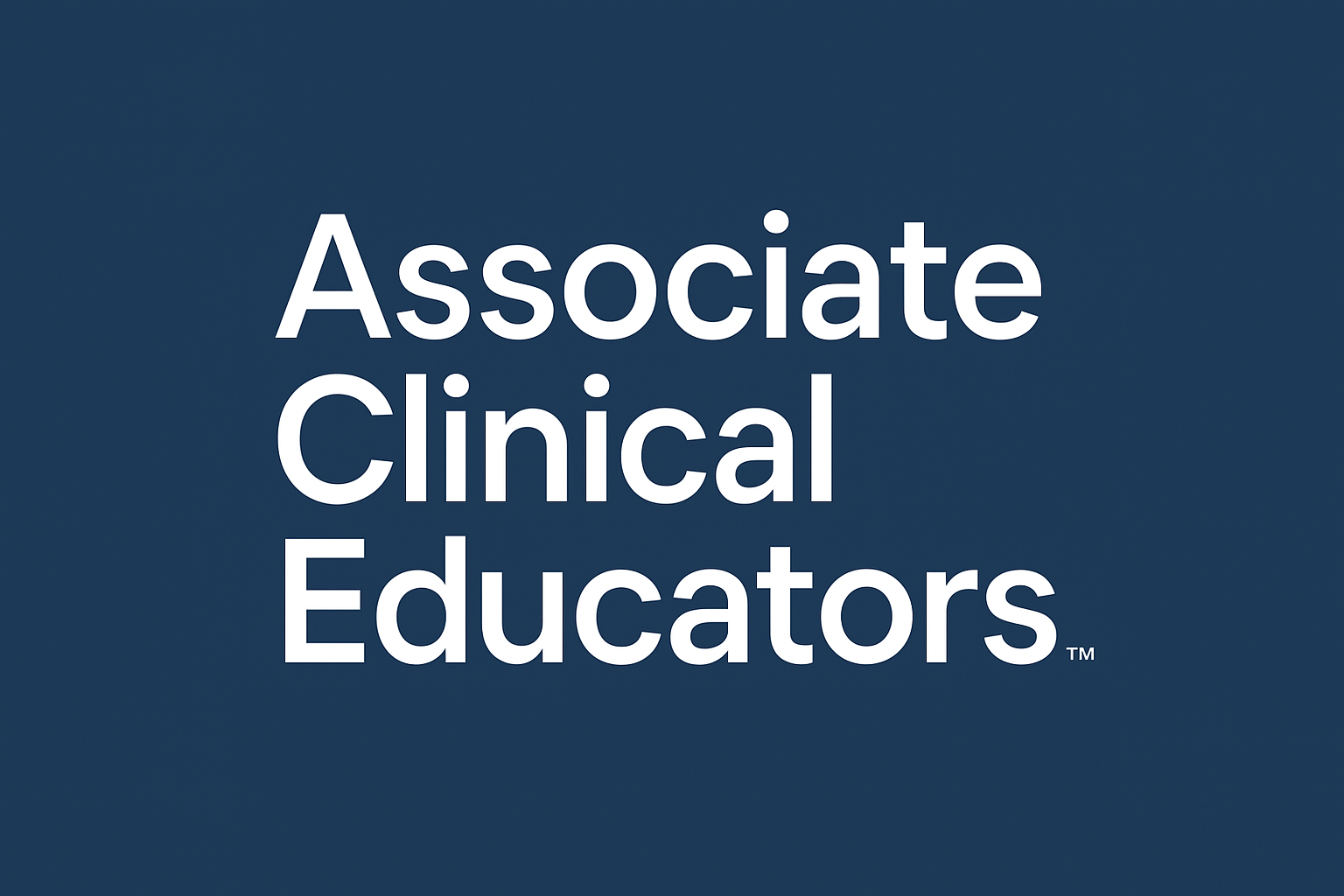A Note of Thanks From Meducate Academy — A Moment of Reflection
A Note of Thanks From Meducate Academy — A Moment of Reflection As the year draws to a close, it...
Read Moreby R Spour | Dec 11, 2025 | Associate Clinical Educators, Matt Chapman, Meducate Academy | 0 |
A Note of Thanks From Meducate Academy — A Moment of Reflection As the year draws to a close, it...
Read Moreby R Spour | Oct 11, 2025 | Associate Clinical Educators, Meducate Academy | 0 |
Empowering Ethical Learning Through Strategic Collaboration Introduction Modern medical education...
Read Moreby R Spour | Jul 12, 2025 | Associate Clinical Educators | 0 |
Intro Pharmacists are among the most accessible healthcare professionals, often serving as the...
Read Moreby R Spour | May 3, 2025 | Associate Clinical Educators | 0 |
In today’s fast-paced and ever-evolving healthcare landscape, doctors, nurses, and medical professionals embark on journeys that mirror the classic hero’s path—filled with trials, transformation, and triumph. This article explores The Hero’s Journey through the lens of modern healthcare, revealing how those in medicine face emotional and physical challenges, grow through mentorship, and return with hard-earned wisdom to heal others. By blending mythology, storytelling, and real-life medical experiences, we highlight the profound personal and professional evolution that defines a career in healthcare.
Read Moreby R Spour | Apr 30, 2025 | Associate Clinical Educators, Clinical Education, Meducate Academy | 0 |
Medicine has always carried an expectation of certainty. Patients seek definitive answers....
Read Moreby R Spour | Mar 14, 2025 | Associate Clinical Educators, Meducate Academy | 0 |
Struggling with your OSCEs? Want to ensure a spectacular failure? The Objective...
Read Moreby R Spour | Feb 28, 2025 | Associate Clinical Educators, Meducate Academy, Pharmacy Education | 0 |
Meducate Academy is at the forefront of pharmacy education, equipping pharmacists with the skills...
Read Moreby R Spour | Dec 16, 2024 | Associate Clinical Educators, The PA Podcast | 0 |
Physician Associates (PAs) are becoming indispensable in modern healthcare, bridging gaps in...
Read Moreby R Spour | Nov 15, 2024 | Associate Clinical Educators, Clinical Education, Meducate Academy | 0 |
Associate Clinical Educators™ vs. Simulated Patients: Defining Roles in Medical Education In the...
Read Moreby R Spour | Oct 27, 2024 | Associate Clinical Educators, Meducate Academy | 0 |
Boost Your Clinical Skills: Join the Pharmacist Workshop in Birmingham in March 2025! After a...
Read Moreby R Spour | Sep 30, 2024 | Associate Clinical Educators, Meducate Academy | 0 |
Welcome to Meducate Academy’s 2nd year running Interactive Workshops at The Pharmacy Show...
Read Moreby R Spour | Aug 6, 2024 | Associate Clinical Educators, Clinical Education | 0 |
In the ever-evolving field of medical education, professionalism is paramount in shaping...
Read More
